India becomes first nation to create AI-powered library for traditional medical systems
Mon 21 Jul 2025, 01:15:41
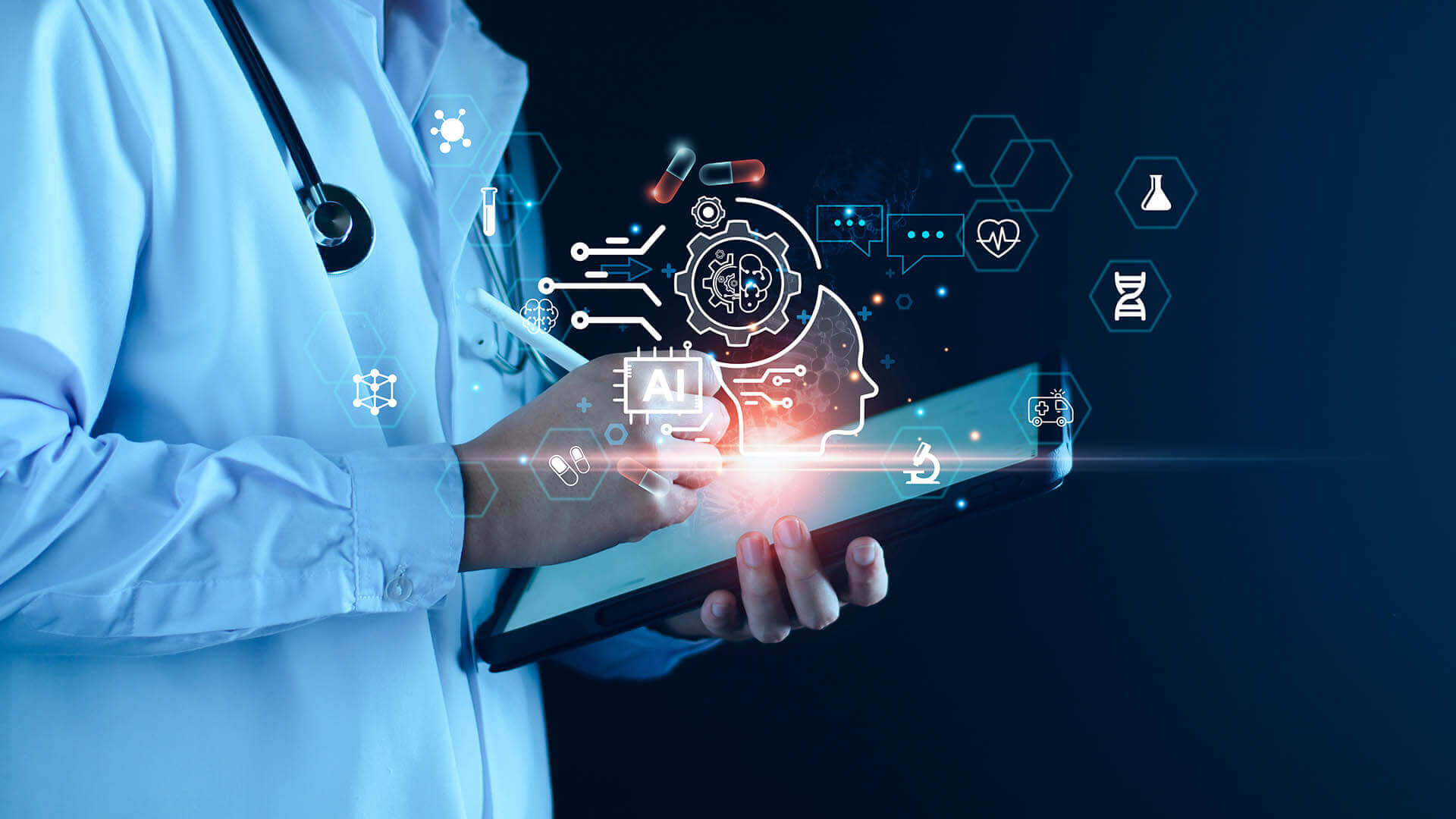
The launch of the Traditional Knowledge Digital Library (TKDL) has made India the first country in the world to digitise (making all information available in the digital mode) its traditional medicine systems using Artificial Intelligence. This move is a turning point for how ancient health knowledge like Ayurveda and Unani can be protected, studied, and used in today’s world.
Backed by WHO and supported by the Indian government, the effort shows how modern tools can bring new life to centuries-old practices.
The digitisation of TKDL is a methodical effort to ensure that knowledge systems like Ayurveda, Unani, Siddha, Sowa-Rigpa, and Homoeopathy are protected from misuse, studied with precision and applied.
The World Health Organisation (WHO), in a recent report, acknowledged the move as an important development in the global push to integrate traditional and modern medicine.
Among the newer developments highlighted by WHO is Ayurgenomics, an emerging field that merges genetic science with Ayurvedic principles of body
types, or prakriti.
types, or prakriti.
Scientists in India are working to personalise treatment methods by combining DNA data with ancient health categories.
AI models are also being used in pulse reading and tongue analysis, both long-standing diagnostic methods in Ayurveda, to assist in making clinical decisions.
The Government of India, through the Ministry of Ayush, has said the aim is not only to preserve heritage but to push forward into areas where tradition and technology can meet.
Union Minister Prataprao Jadhav, speaking on the occasion, noted that this is part of a larger vision to make Indian systems more accessible while contributing to global health solutions.
India’s Prime Minister Narendra Modi has often spoken of using “AI for all,” and healthcare is one of the key areas where that promise is beginning to take shape.
India’s TKDL offers a framework that other countries with strong traditional medicine cultures, such as China, South Korea, or Indonesia, may find useful.
No Comments For This Post, Be first to write a Comment.
Most viewed from Edu and Jobs
AIMIM News
Latest Urdu News
Most Viewed
May 26, 2020
Should there be an India-Pakistan cricket match or not?
Latest Videos View All
Like Us
Home
About Us
Advertise With Us
All Polls
Epaper Archives
Privacy Policy
Contact Us
Download Etemaad App
© 2026 Etemaad Daily News, All Rights Reserved.

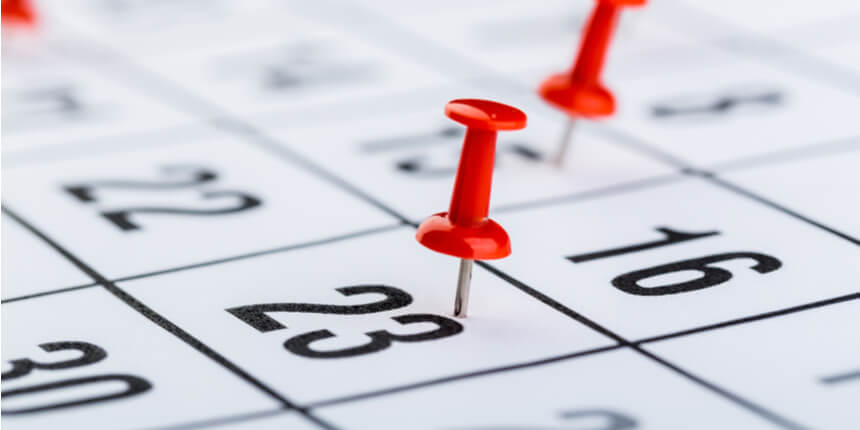

.jpg)
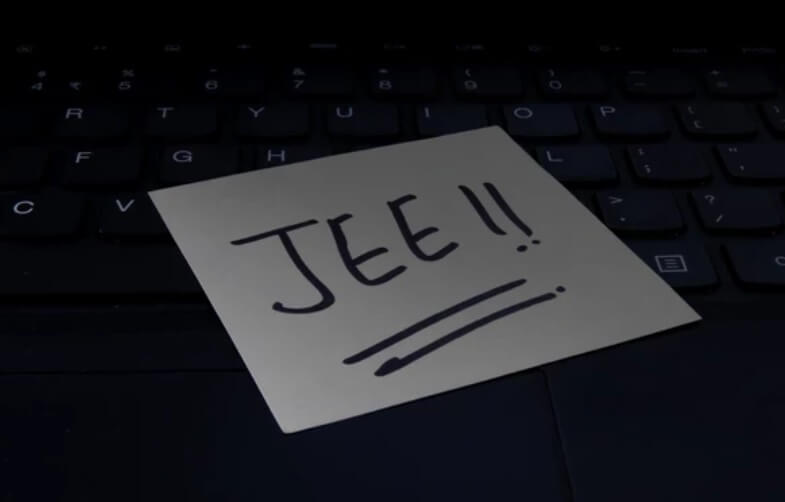
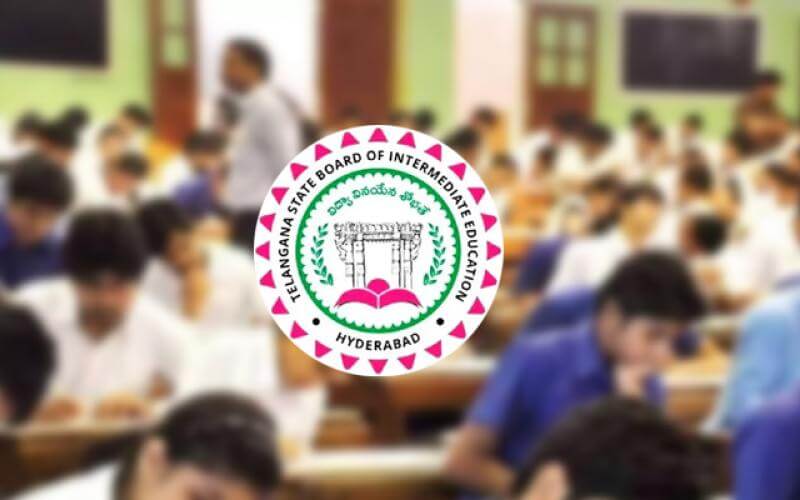
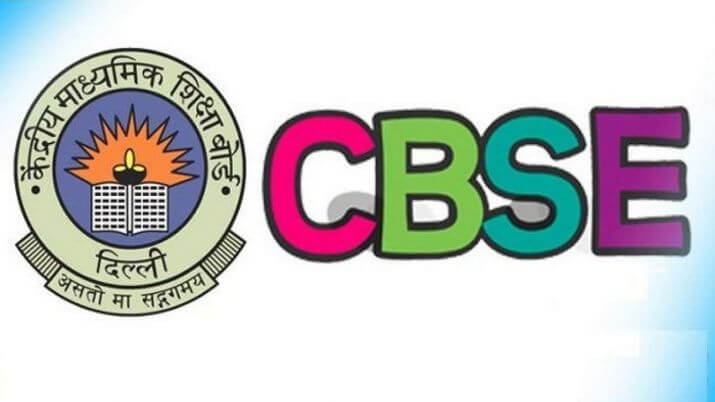

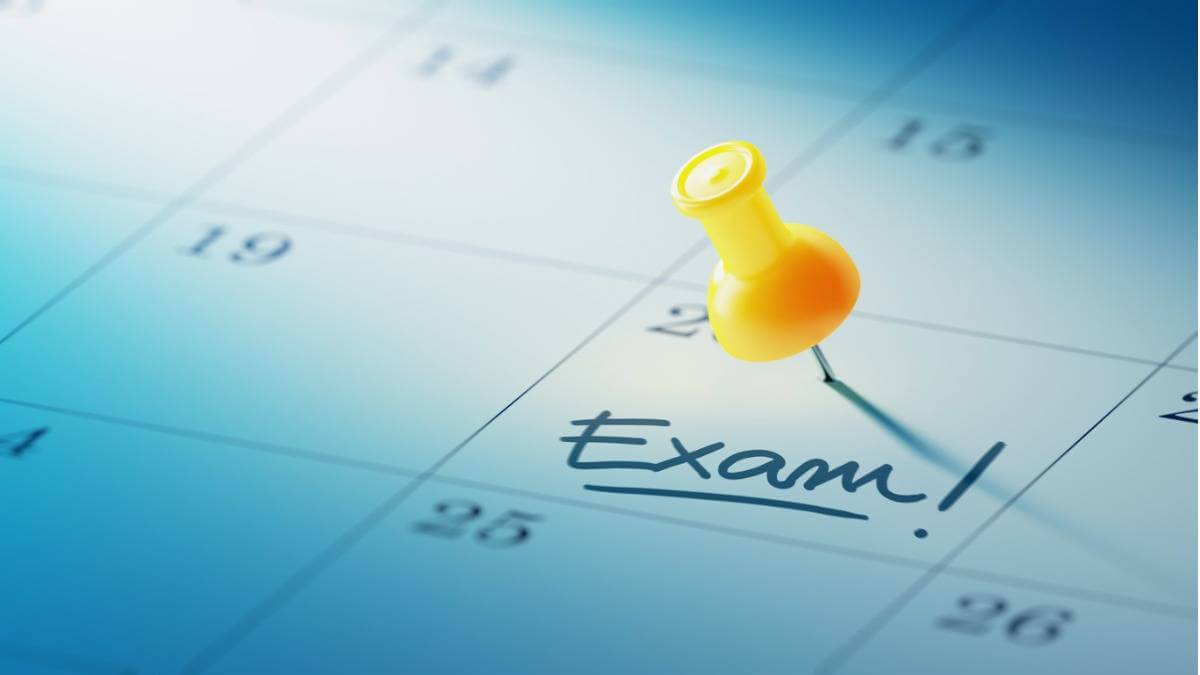
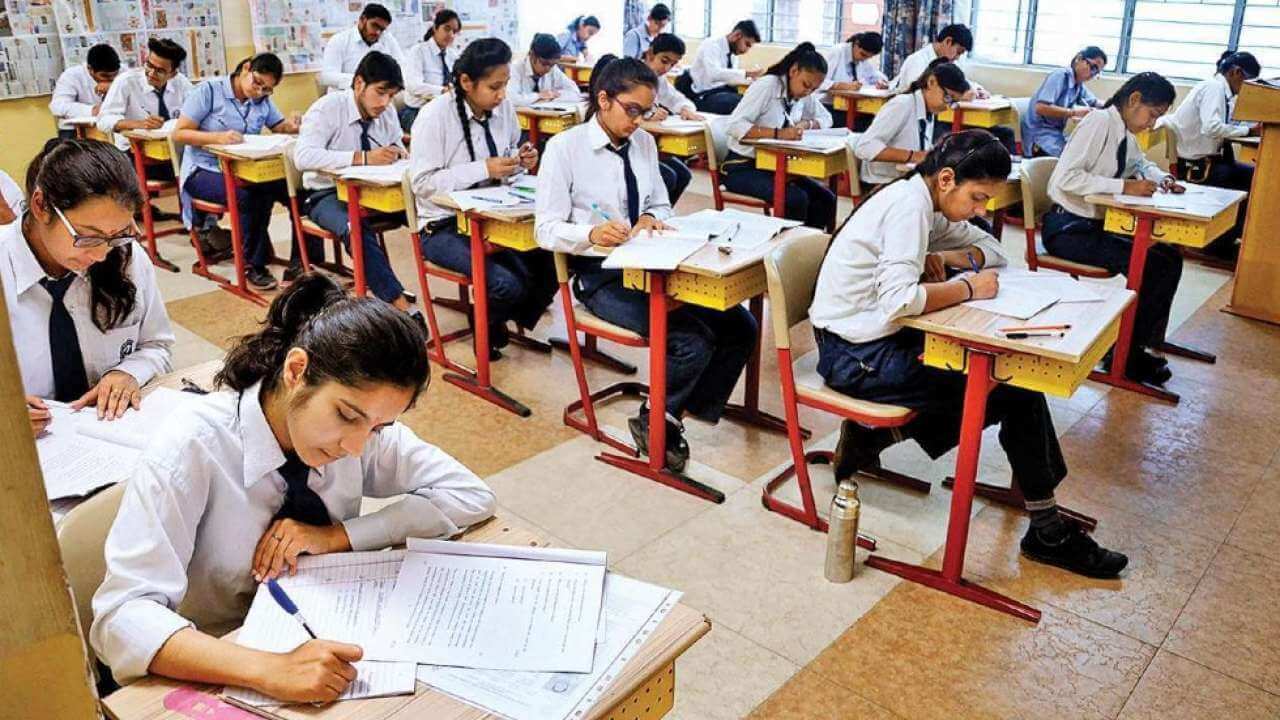
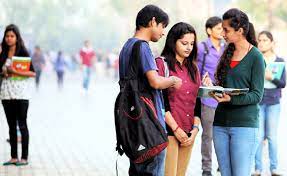
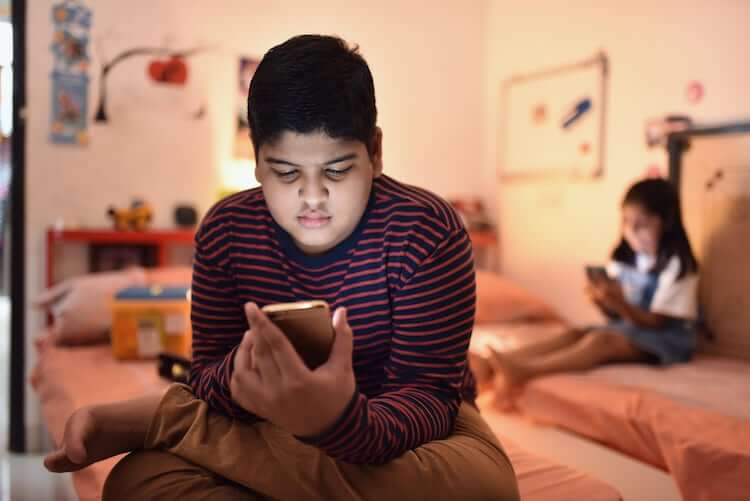
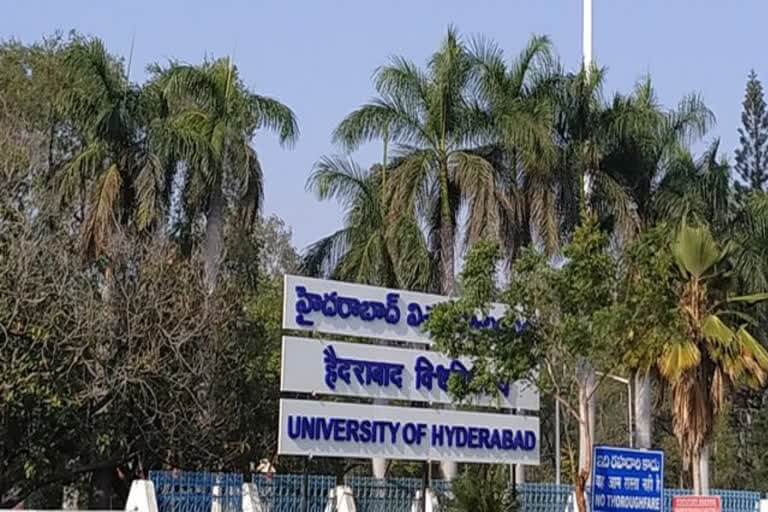

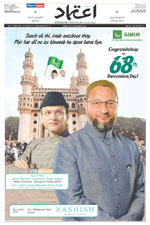










.jpg)
.jpg)
.jpg)


